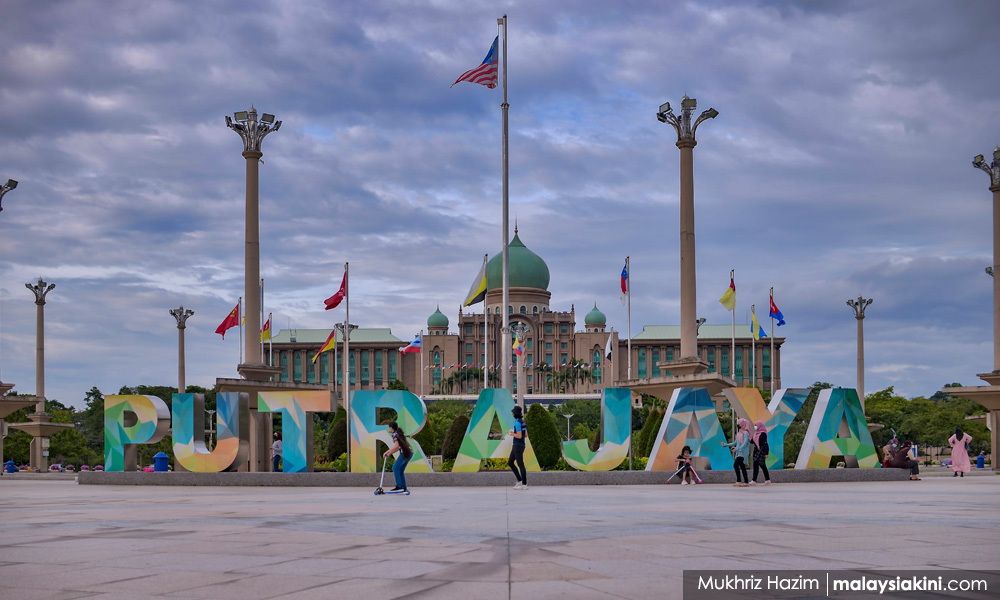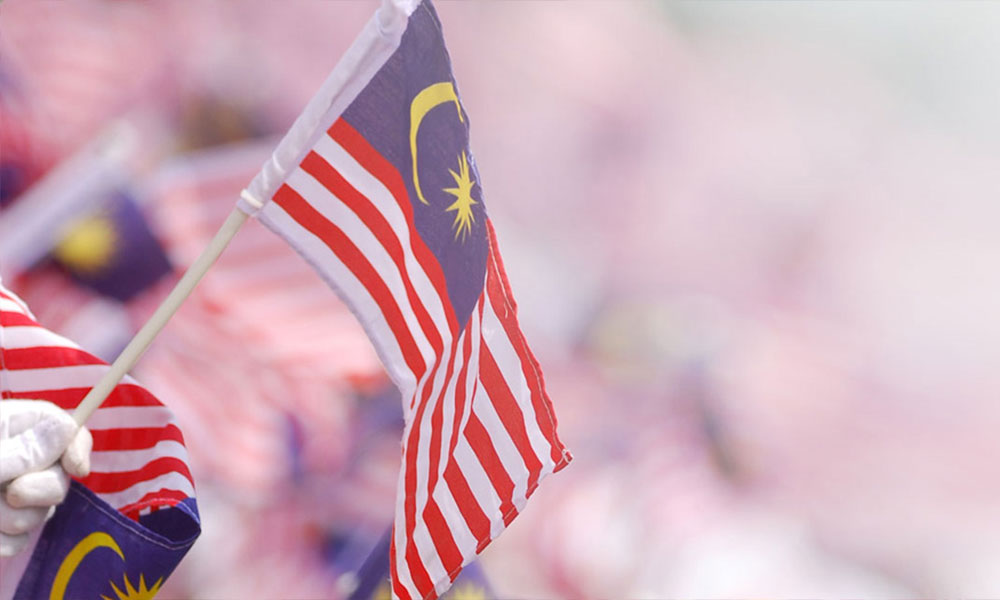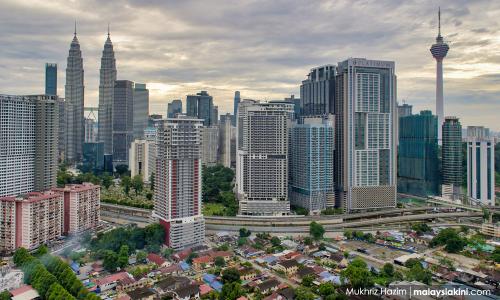LETTER | Nurturing our cultural roots
LETTER | The phenomenon of racial and cultural discrimination in Malaysia appears to have subsided, as the country's younger generation (Gen Y and Gen Z) emerged as a vocal population during the pandemic Covid-19, advocating for cultural unity, egalitarianism, and government transparency via social media and non-governmental organisations.
Is there really no trace of defensiveness towards the multiracial and multi-ethnic rakyat among this younger generation in Malaysia's communities?
I'd want to underline that confronting and resolving discrimination is still a scab that needs to be cared for in order for true harmony and healthy politics to emerge in the decades ahead, but only if rakyat has the sincerity to re-evaluate their beliefs and behaviours.
To be able to foster compromise within each of our natural cultures, we must first address and control discrimination.
To counteract discrimination and prejudice, regulations and legislation should be implemented through a broad consciousness campaign that includes self-regulation and attitude analysis.
I've attended several talks about the East constantly mocking West Malaysia's never-ending aggressive racial politics, and I'd like to emphasise that ethnic politics have always existed in Sabah and Sarawak, and they, too, struggle implicitly with the diminishing issue of their mother-tongue practises due to Malaya-centred education syllabuses and money politics that keep the majority in poverty and illiteracy.
It is only natural for each group to struggle for a leader who embodies their identity, as this empowers cultural preservation in each of our origins.
As someone who has the 'scarce prerogative' of being enrolled in a public higher education institution among my peers, I am frequently enraged when people constantly bring up that Malaysia, which was formed with the contributions of multi-ethnic communities, is now referred to as Tanah Melayu after gaining independence.
My middle and lower-income peers seemed to be drowning in the economic depression as vernacular schools faded away, more mosques were built in multi-ethnic residential areas while religious buildings were tightly controlled, insensitive to the multi-religious community, racially skewed government officials, and young people had limited and low-quality educational opportunities due to their race and religion.
Lest we forget
I'd like to address all former government officials who are still alive, as well as the current bureaucrats - have you forgotten who it was who came together to build this country? To get this economy to the point where it is now?

Racial and ethnic discrimination in Malaysia is nothing new, and it has been a contentious issue since the country's independence in 1963. I am a member of Generation Z, and I am surrounded by friends my age who fight for anti-discriminatory politics, policies, and law-making, which appears to be stoked by local politicians.
I dare argue it's apocryphal, even though the entire globe can watch Gen-Z lobbying online for non-racial Malaysia on the frontlines, fighting for a better government during the pandemic Covid-19. Nothing could be further from the truth, that “it takes both hands to clap”.
Here I prompt a familiar dilemma, are the politicians who play the racial card the only ones to blame? Ancient grievances and primordial grudges have always been between us.
You may dispute it, but the rakyat has prejudices and discriminatory biases rooted in our blood, and the current administration can only help make the necessary reforms to alleviate this problem for future generations.
"A man who has made a mistake and does not fix it is making another error."
I recommend that we begin with two crucial aspects in order to achieve true harmony and mature Malaysian culture.
First, make a change in the first place by educating others. Based on genuine history, which exposes the stories of all communities without being excessively skewed by politicians in power.
Furthermore, prejudice and discrimination must be addressed and made a part of education in order to provide future students with the freedom from preconceptions that bind them and harmful tools that form their perceptions of local communities of a different culture.
Second, underlining the value of each community's mother tongues should be emphasised in order to restore and nurture their local identity. Things seemed insurmountable until they were completed.
After decades of immigration, our ethnic minority have acquired strange ways of life, indicating the emergence of a new culture. Preserving and cherishing our diverse cultures has left an indelible impact on Malaysia's civilisation.
Our responsibility
We have a responsibility not only to confront and educate about the topic of diversity and discrimination but also to work together to nourish and reaffirm our cultural roots, regardless of colour or ethnicity.

“A tree lives on its roots,” I remembered reading in a poem by Jane Hirshfield. “If you change the root, the tree will change as well. Human beings are cultural beings. Culture will change if the human heart is changed.”
We must reach an agreement and distinguish our Malaysian past from the true history, which has been highly censored, and recognise that we all marched together to independence in 1963.
Our ancestors who shaped this country today may have been immigrants, and while it is important for us to learn and practise our culture to preserve our identity and respect the lives of those who brought us together, it is not fair for one to dominate the other or to impose violence on one another.
Ethnic issues have long been a source of tension in Malaysia, and they must be addressed and resolved if the country is to break free from the shackles of an unequal social hierarchy and political institutions supported by those in power who play by racial cards.
If there is a day to come, we, the rakyat, must reclaim our power and work hard to heal and progress from age-old racial tensions between our forefathers to form a politically stable society that prioritises education in order to raise our children and develop as a more mature Malaysia civilisation.
The views expressed here are those of the author/contributor and do not necessarily represent the views of Malaysiakini.
RM12.50 / month
- Unlimited access to award-winning journalism
- Comment and share your opinions on all our articles
- Gift interesting stories to your friends
- Tax deductable
